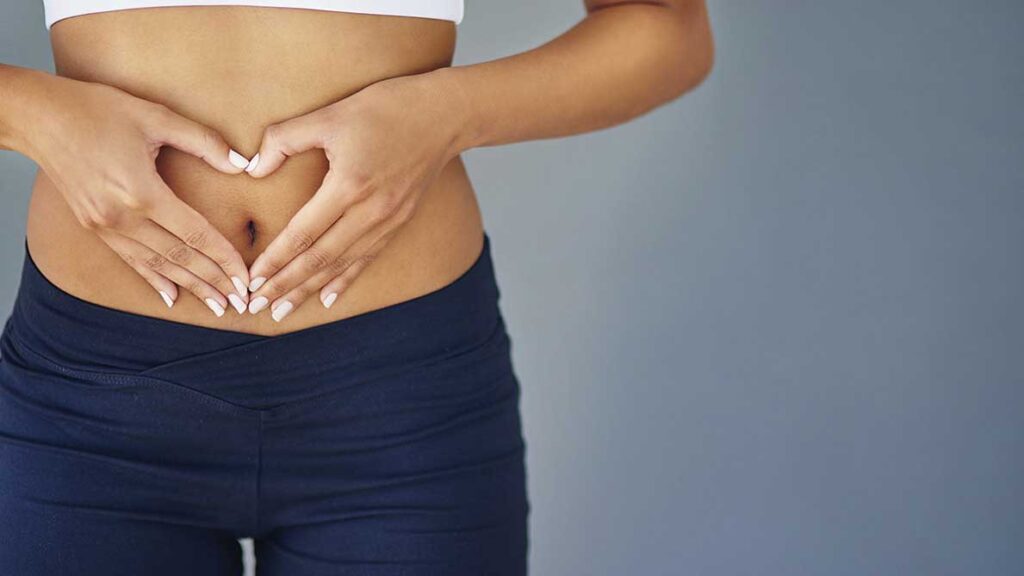 Be sure to check with an experienced tummy tuck surgeon about your limitations for physical activity. You may also find that you gain a bit of temporary water weight as your body repairs itself. By the time you hit the six-month mark, your swelling should have more or less subsided completely. You should be able to do most of your normal exercises, but you may still have difficulty taking part in particularly strenuous activities.
Be sure to check with an experienced tummy tuck surgeon about your limitations for physical activity. You may also find that you gain a bit of temporary water weight as your body repairs itself. By the time you hit the six-month mark, your swelling should have more or less subsided completely. You should be able to do most of your normal exercises, but you may still have difficulty taking part in particularly strenuous activities.You certainly wont be doing any vigorous exercise for some time and you will be expected to treat any activity that requires the use of your abdominal muscles with extraordinary caution. Stay in contact with your surgeon and make sure everything is moving along at a nice rate. It wont be the most fun couple of months youve ever had, but if you adhere to directions and dont attempt to rush things, you will be happier for it.
During surgery, a long-acting non-narcotic local anesthetic injection (Exparel) is given, or a pain catheter may be placed into the area where it is most needed for pain control. This will reduce discomfort, though it will not eliminate it completely. Pain medication will be required, and is better to take it and get up and around than to lay all day avoiding movement for fear of pain.
We also recommend having someone available to stay with you for the first two to three nights to assist you. Dr. Van Wyck can prescribe medication to aid in the relief of any discomfort. Following your surgery, you should not remain completely immobile; in fact, walking around your house can help you avoid complications such as blood clots. You may perform simple household tasks, but you should not bend over or lift anything heavy. Hydration is important to healing, and standing while drinking a glass of water can be beneficial.
It just requires that you consider and plan for all aspects of this healing process, including the time frame. It’s a slow process, so focus on getting better each day as you move toward your intended goal of full recovery. Be sure to check in with your surgeon or nurse if you have any questions or concerns.
For the first few days you can experience some discomfort, pain or swelling. This is reduced with the help of pain killers and sedatives. Its best that these sedatives are given as prescribed by the doctor as overdose of painkillers is basically harmful for the body. It's best to relax at home for a week after the surgery, a bed rest is more often recommended. The stitches are usually removed after a week and these days the stitches are given with some protein enzymes which basically dissolve.
It may sound odd, but keeping yourself entertained and distracted is a great way to help you speed through your tummy tuck recovery. Well before you undergo your procedure, make a list of books, movies, or music youve been dying to get your hands on but havent had the time to enjoy. Give yourself a budget and go buy a few things and put them aside for when you have the downtime.
Usually, though, they include plenty of rest and taking things slowly. It can be difficult to walk without discomfort or pain right after the surgery. You will have to be careful with the incision to ensure it is not irritated. You will have to learn about caring for the incision area, including dressing changes.
It’s normal to have bruises in your abdominal area. You may have fluid-filled swelling above the scar, but this will go away. Your scar may be red and raised, but it will eventually fade. Taking steps to ensure a healthy recovery is important. You’ll want to be as healthy as possible during this time.

